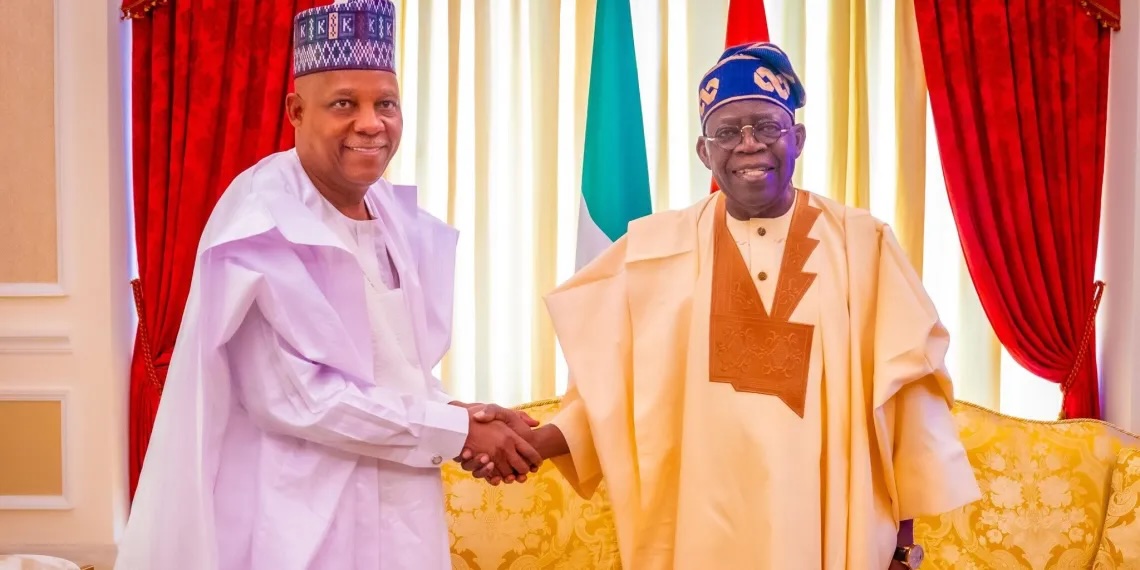THE educational system of any nation is the most fundamental bedrock of her development, enlightenment and progress. Nelson Mandela famously once said: “Education is the most powerful weapon which you can use to change the world.” And one of those significant personages in the world who transformed the way we see the physical fabric of the universe, Albert Einstein, also said: “I have no special talent. I am only passionately curious.”
Education, in other words, instigates out curiosity to know more and to unravel the basis of live and the universe itself. A state that wants to transcends its own limitations and articulate a set of advantages that will activate civility, decency, progress and patriotism.
Political leadership across the world therefore reads the pulse and impulses of development and adjust their educational system in ways that answer the peculiarities of their different contexts and needs. The wave of STEM—science, technology, engineering and mathematics– education curriculum that states all over the world are adopting is a testament to their consciousness about the place of science and technology education in the wealth and progress of nations.
However, states are also conscious about how to build up a conscious, patriotic and historically conscious citizenry that is amenable to the project of nation-building which is the basis of political order and stability. Nations that have been considered in many indices as violent and unstable, from South Africa to South Sudan, are now paying the price for a citizenry that has become weaponised by greed and ideological fragmentation. We then begin to see the ideological and philosophical implications of education as the medium by which a state instills critical values, ideas and skills. And the more reason why the educational policies of states is one of the most potent expressions of the state’s philosophy of national development objectives. The educational policy pieces together in a coherent framework the objectives of education within the larger policy, governance and development focus of a state.
This is exactly the ideological essence of the Nigerian National Policy on Education (NPE). The document states that Nigeria’s overall philosophy is two-fold: (a) live in unity and harmony as one indivisible, indissoluble, democratic and sovereign nation founded on the principles of freedom, equality and justice, and (b) promote inter-African solidarity and world peace through understanding.
This philosophy is founded on achieving five national goals: a free and democratic society, a just and egalitarian society, a united, strong and self-reliant nation, a great and dynamic economy, and a land full of bright opportunities for all citizens.
More fundamental is that Nigeria’s philosophy of education—based on developing the individual into a sound and effective citizen, to integration of the individual into the community, and the provision of equal access to educational opportunities—is meant to facilitate “self-realisation, better human relationship, individual and national efficiency, effective citizenship, national consciousness, national unity, as well as …social, cultural, economic, political, scientific and technological progress.”
This philosophy of education is even all the more cogent, fundamental and well-conceived given that Nigeria is a fractured postcolonial society where religion, ethnic affiliation, cultural membership, income inequality and sexual orientation constitute the centripetal variables that disunite and establish the basis for political instability.
It therefore means that every educational blueprints, paradigms and curricula at the disposal of the Nigerian state must be geared towards articulating a framework that brings together an effective citizenry and national development. In other words, the objectives of national development and progress can only be well-grounded if left to the concerted and patriotic efforts of a citizenry that is well-equipped with the fundamental and foundational ethic, values and knowledges that the nation requires to make sense of its future.
The NPE poignantly stipulated the significance of history and civic education from basic education to senior secondary school. However, given that visions are often undermined by reality and circumstances, vital documents crucial for Nigeria’s progressive development are often the victims of political miscalculation and misbegotten oversights.
For a country with a vast demographics and ethnic divergences, the national and political leadership did not see the urgency for an immediate introduction of civic education into Nigeria’s basic, primary and post-primary education curriculum until forty-eight solid years after political independence.
By 1982 when Nigeria switched to the 6-3-3-4 system, history was removed from primary and junior secondary schools, and downgraded into an optional subject at the senior secondary level. And then, in 2009, the FGN yanked history from the curriculum. The administration thought that the low enrollment and lack of history teachers was sufficient to remove a course that connects Nigeria to its past and the future.
And so, while the governments have been trying to advance Nigeria’s future through investment in science and technology education, they have been paradoxically undermining that same progressive policy through the downgrading of those courses that could channel the curriculum of science and technology education into truly progressive development through civic awareness and development.
No wonder Nigeria has been assailed by all sorts of terrible national malaise that borders on a disjuncture between national ideas and ideals and the citizens’ understanding of these. That it took Nigeria more than four decades to come to the understanding of the place of history and civic education in Nigeria’s national development framework is a traumatic testament to Nigeria’s failure to deal with the fundamentals and basics of progress, development and national integration.
The Nigerian Constitution and NPE are documents filled with philosophical concepts and terms—justice, equality, citizenship, self-realisation, national unity, self-reliance, national integration, etc.
These are philosophical fundamentals that demand serious national dialogue on how they could inform policy intelligence that integrate them into a coherent sense of policy development. They are not just mere words that make the national documents look really philosophically grounded and thick.
They inform how Nigeria looks into the world and integrate herself into global development, like the emergence of the knowledge society, and the fourth industrial revolution.
To be continued tomorrow.
Prof. Olaopa is Chairman, Federal Civil Service Commission and Professor of Public Administration, Abuja.
By Tunji Olaopa






